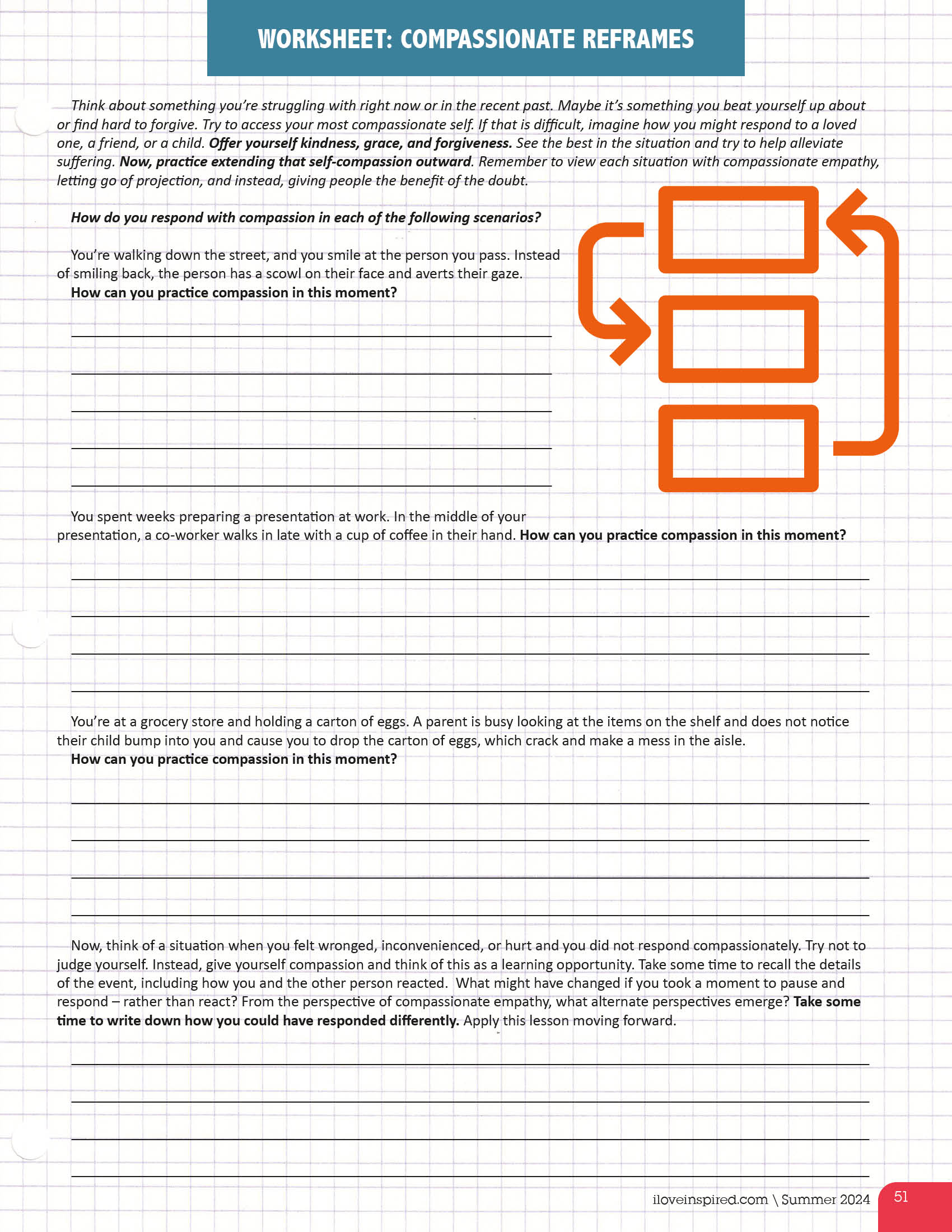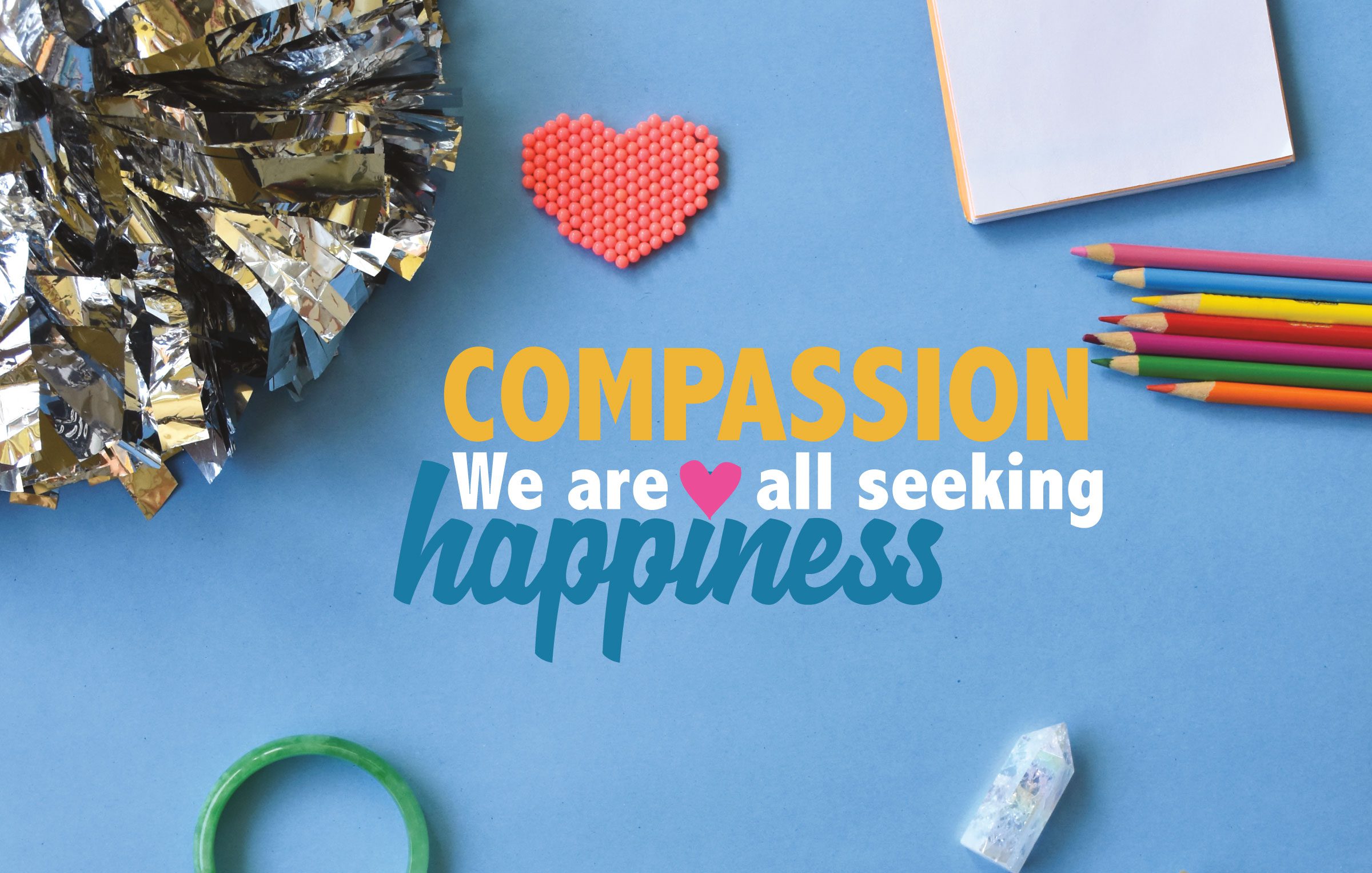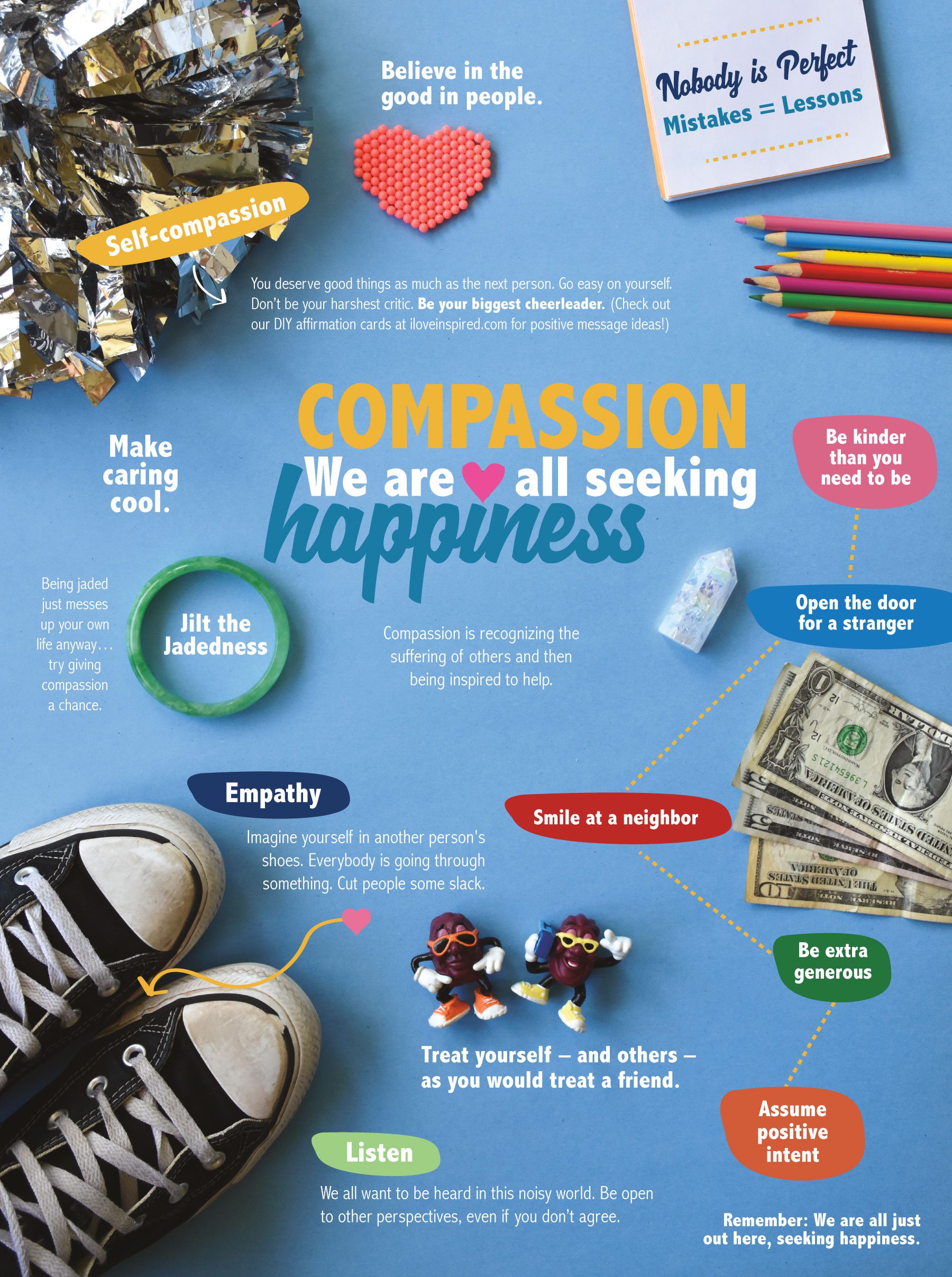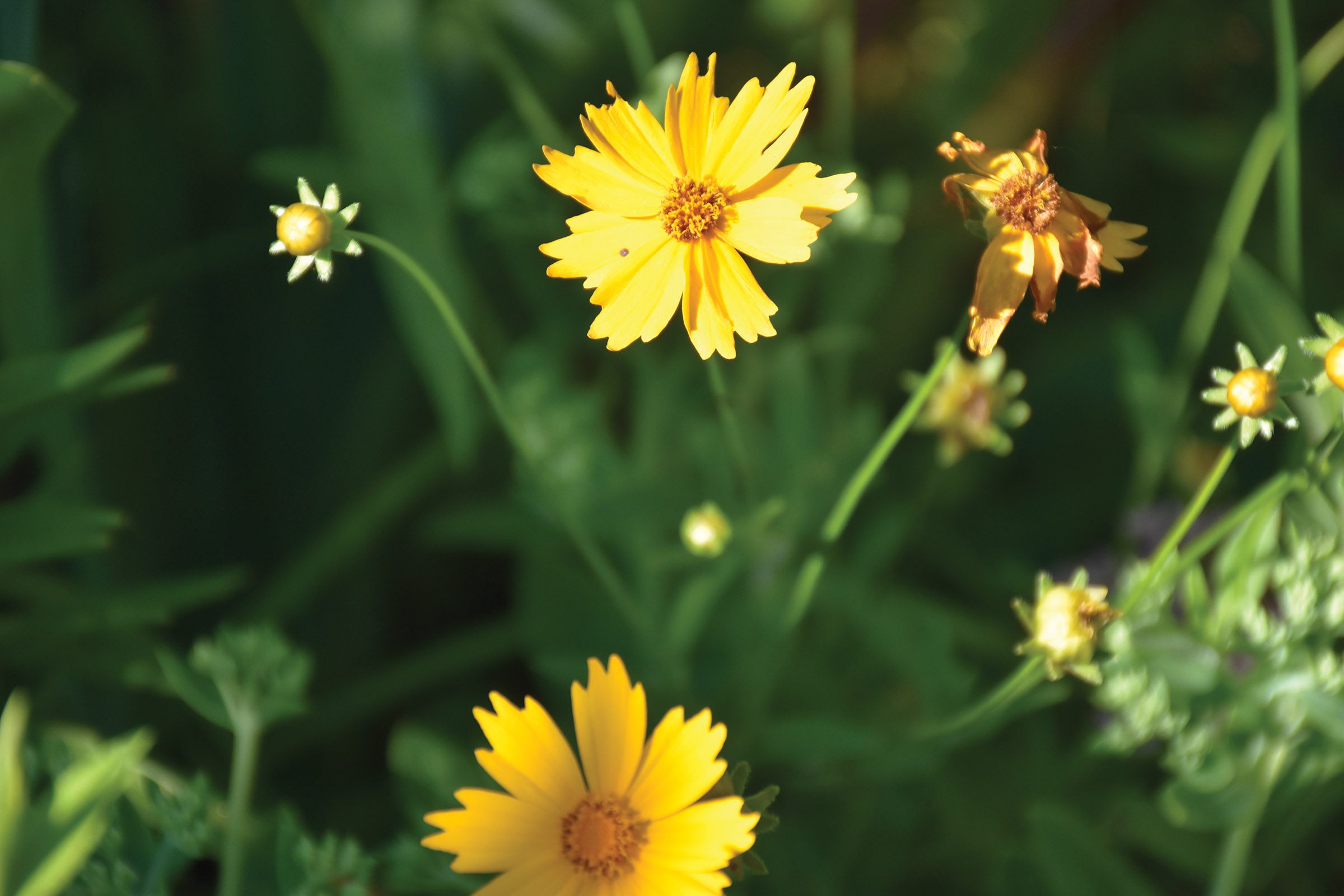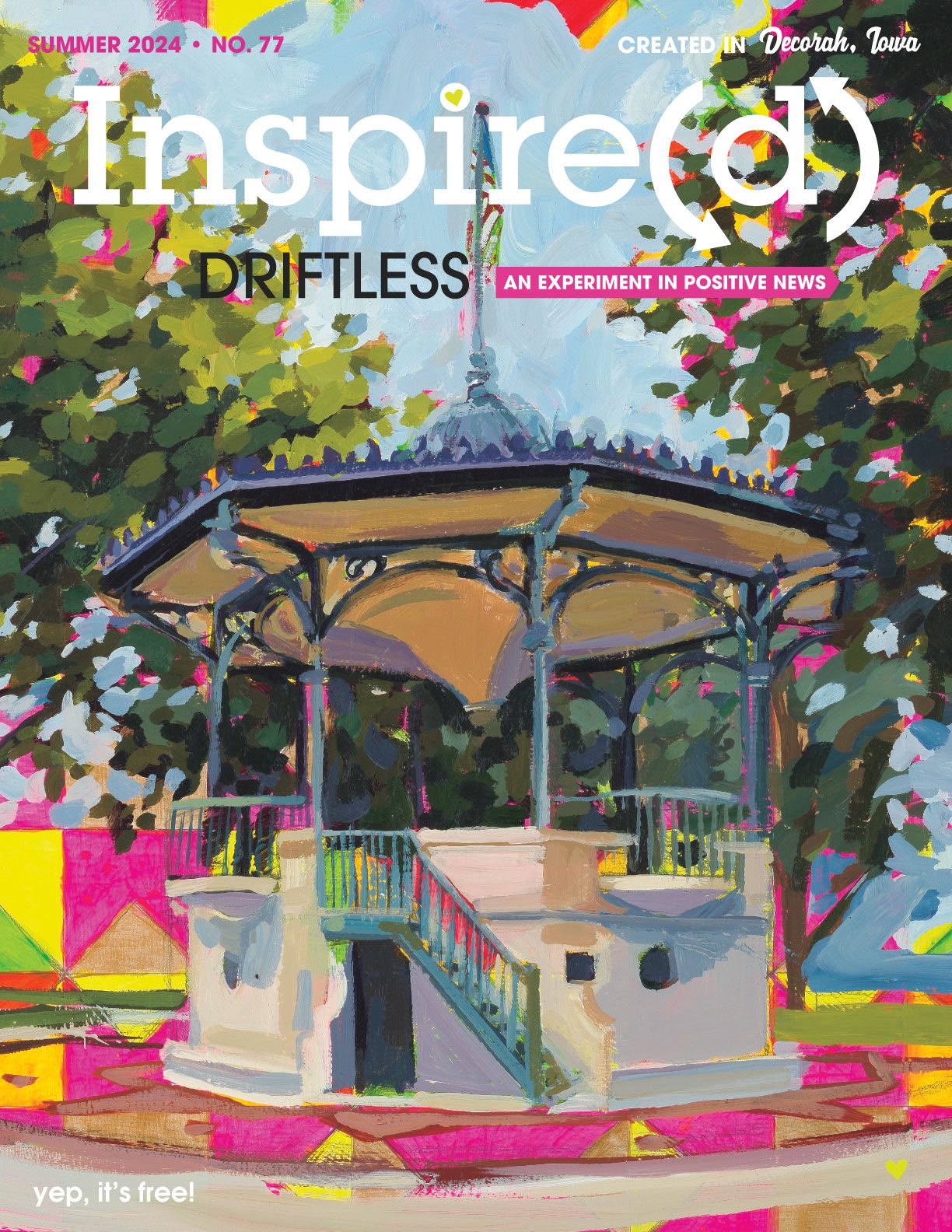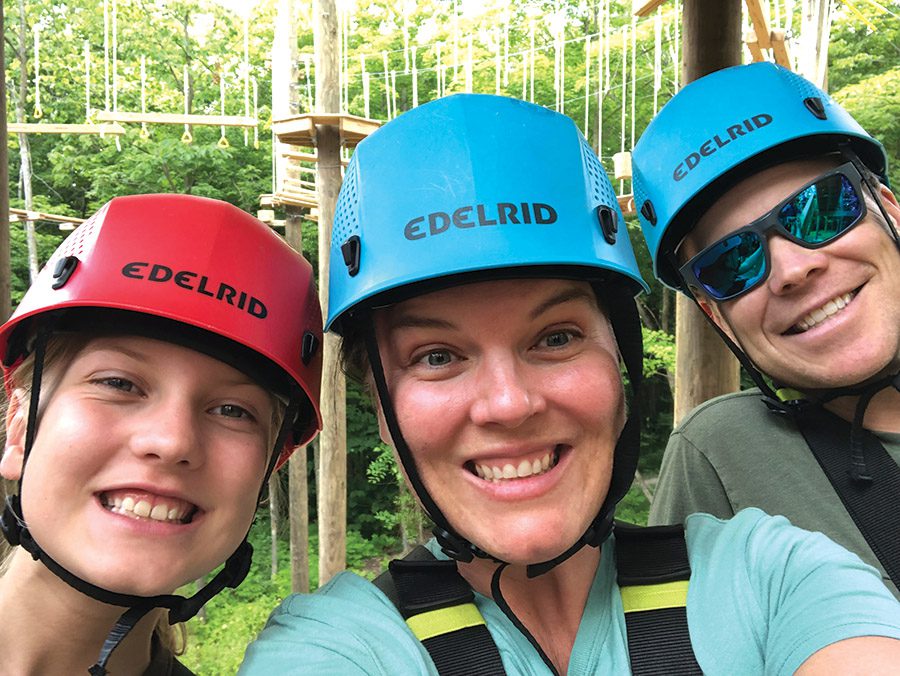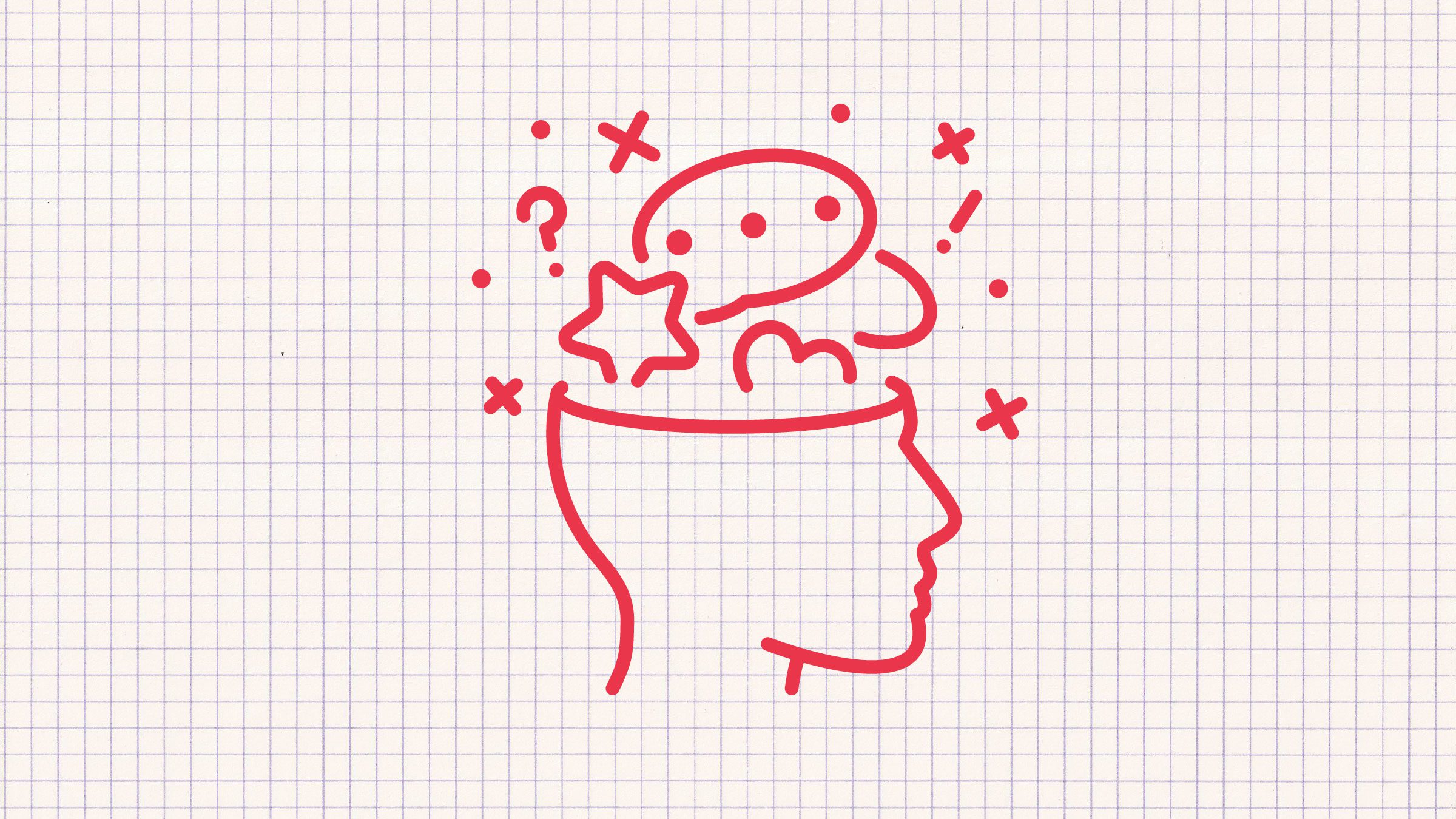
Summer beckons us to emerge from our homes and immerse ourselves in community. The season swells with opportunities for connection as people gather at festivals, sporting events, farmers markets, and more. Parks and trails become busy destinations, and families and friends head out for long-awaited summer vacations.
As we prepare to engage in this social season, there is one emotion that can increase our capacity for connection: compassion.
Compassion is the driving force that turns a crowd into a community. It is an inherently social emotion that allows us to see the suffering of another – and drives us to help. It can also be turned inward, helping us connect to our own humanity through self-compassion.
The Benefits of Compassion
Compassion is an emotion we are all primed to experience, and it starts with empathy. Empathy is the ability to understand another person’s emotions as if they were our own. It allows us to imagine life from another perspective. Compassion takes empathy a step further and propels us to act in a way that helps to alleviate another person’s pain or suffering.
If we lean into the drive to help others, we can experience a cascade of benefits. When we act compassionately, our brain rewards us by releasing oxytocin and dopamine. Volunteering, for example, increases a sense of purpose and feelings of connection, which in turn, can help to ward off feelings of isolation or loneliness.
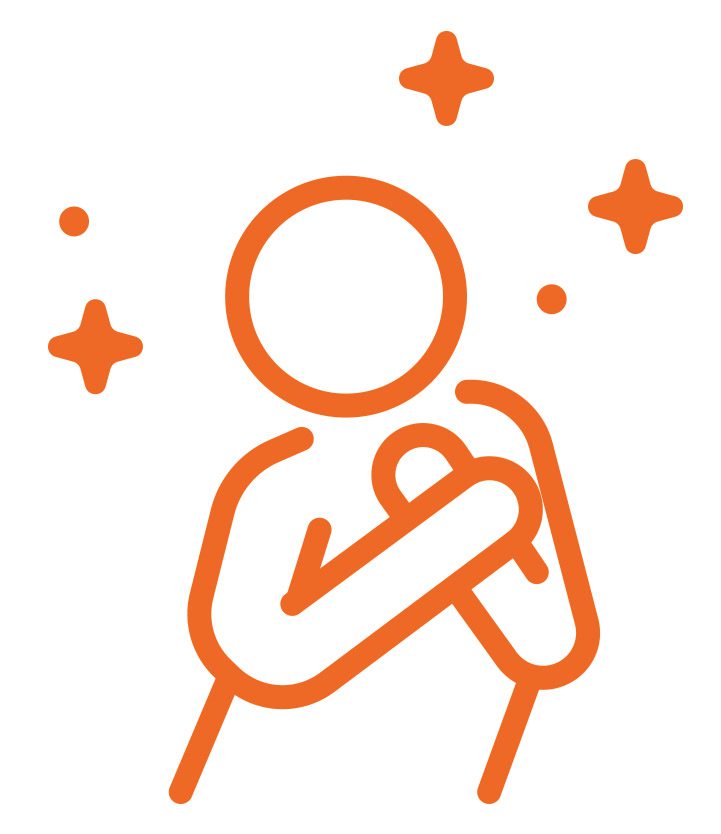
The reward system in our brain motivates us to repeat behavior. The release of feel-good hormones has a purpose: to let us know that compassion is good – not just for others, but for ourselves as well.
So why isn’t everyone practicing compassion?
The Block of Negative Self-Talk
When we struggle with compassion for ourselves, it can be difficult to extend it outward. Our own fear of judgment or the shame we feel surrounding our mistakes can lead us to judge or shame others. Feelings of inadequacy can spur our desire to point out weaknesses in friends, family, and acquaintances. And in turn, it can leave us susceptible to depression, anxiety, and burnout.
What happens in your head when you make a mistake? If you punish yourself or ruminate on what you did wrong, it could be a sign you lack compassion in your self-talk. Self-talk is the voice inside our head that sets the tone for how we feel about ourselves. It can be positive or negative and contribute to or diminish our self-esteem and self-worth. People with negative self-talk often have a harsh inner critic. The inner critic can be judgmental, cruel, and unforgiving. It fixates on failures and flaws. It sees the worst in everyone and everything.
If this sounds familiar, you’re not alone. Everyone has some version of an inner critic, but the trick is to not let that voice overpower self-compassion. The next time you make a mistake, offer yourself compassion. Practice talking to yourself like you might talk to a friend or a child. You did not make the mistake on purpose. You either miscalculated or needed more information. Positive self-talk can subdue your inner critic.
Developing a Compassionate Mind
To develop a more compassionate mind we need to make sure we’re fostering a growth mindset rather than a fixed mindset.
People with a fixed mindset believe “this is just the ways things are.” These individuals view their failures as a reflection of themselves. They might carry the belief that their emotions and thoughts are not under their control, and therefore unchangeable. None of this is true.
People with a growth mindset perceive mistakes as opportunities for growth. They know that change is possible and desirable.
There are some things, however, that are out of our control, and that’s where mindful compassion is helpful. Mindfulness is a practice of acknowledging what is. It requires non-judgmental acceptance of the present moment. When we add a layer of compassion to this practice, we offer the moment grace, sending love to those less-than-perfect areas of life.
Everyone has flaws or weaknesses. When we accept our own, we create an environment where others feel safe to accept theirs as well. This helps us forge more connected and meaningful relationships in our lives.
Take a mindful moment to acknowledge all the growth and resilience that led you to this moment. Consider all the uncontrollable moments and celebrate what you’ve overcome. Look at your life with compassion. Notice how beautiful it really is; just as it is.
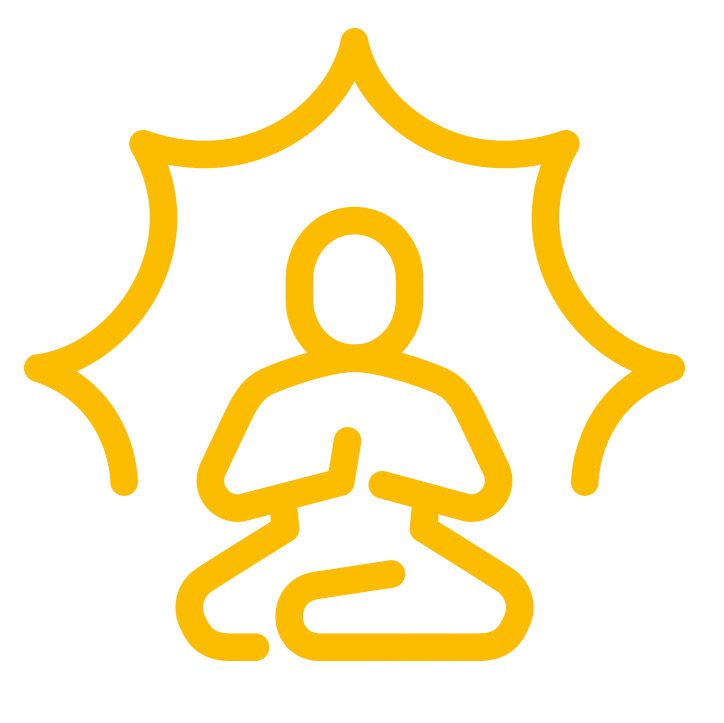
Metta Meditation
Metta meditation is a traditional Buddhist practice of loving-kindness. We start by sending loving-kindness to ourselves. Then, to those we know and love. We extend that outward to our community. From there, the world. The most advanced form of the practice is sending loving-kindness to those whom we dislike or who have wronged us.
We can modify this practice to also assist with tapping into our compassion – both for ourselves and others. Start by offering compassion to yourself. Remember – compassion for others starts from within. Then, send that compassion to those you love. From there, extend it outward, offering compassion to people you interact with daily: coworkers, cashiers, servers, and even people you pass on the street or your commute.
With regular practice, you will gain the ability to offer compassion in the most difficult situations: when you are inconvenienced, wronged, dismissed, or hurt.
Letting Go of Projection
You know the phrase: hurt people hurt people. It’s simple, but there is a layer of truth to it. It comes down to projection.
When we carry unconscious pain and trauma, we often project it. Projection occurs when we transmit beliefs or feelings onto others because they are too painful to acknowledge within ourselves. It is an attempt to rid ourselves of what we cannot tolerate.
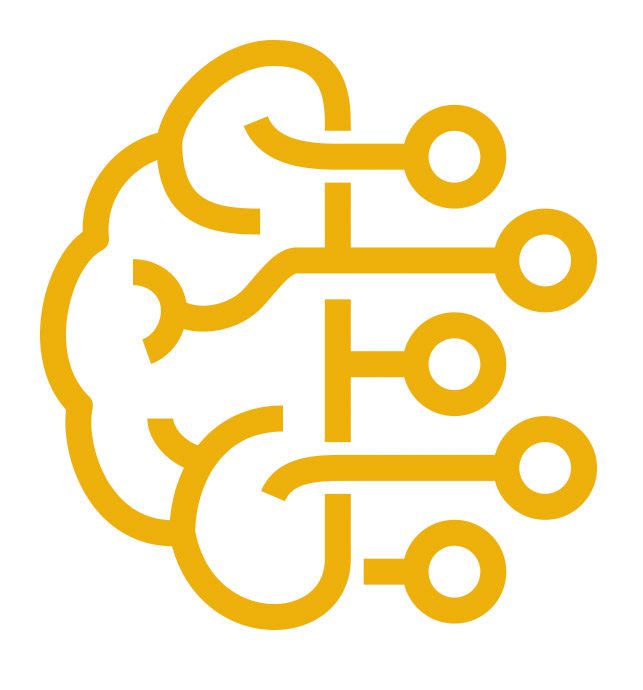
Projection is an unhealthy coping skill. It distorts our view of others and damages our relationships. It gets in the way of genuine connection and creates a heavy burden on our loved ones.
Instead of rejecting and projecting our feelings and beliefs onto others, we can practice self-compassion. Developing self-compassion frees us to face our wounds. Furthermore, it allows us to recognize when others carry similar wounds.
When we accept ourselves and our feelings, we create space for vulnerability. We stop projecting our judgments and fears. This creates safety and ease in our relationships.
Compassionate Connection
Compassion naturally impacts the way we connect with people daily. By adjusting our perspectives through compassionate empathy, we give others the benefit of the doubt. Everyone is going through something that we know nothing about. Most people do not intentionally cause harm.
To practice compassionate empathy, pause when someone makes a mistake. Suspend your reaction and consider whether it was their intention to hurt you. Is it possible that there is something else going on? Consider how compassion might allow you to respond in a more meaningful way. Try reacting with patience, acceptance, and generosity.
Our first reaction is usually not our best reaction. Practice pausing and assessing with compassion. Every time you do, you will be rewarded. Not only by offering compassion to another, but by extending those benefits to yourself. And every time, you do your part in creating a more compassionate world.

Olivia Lynn Schnur
